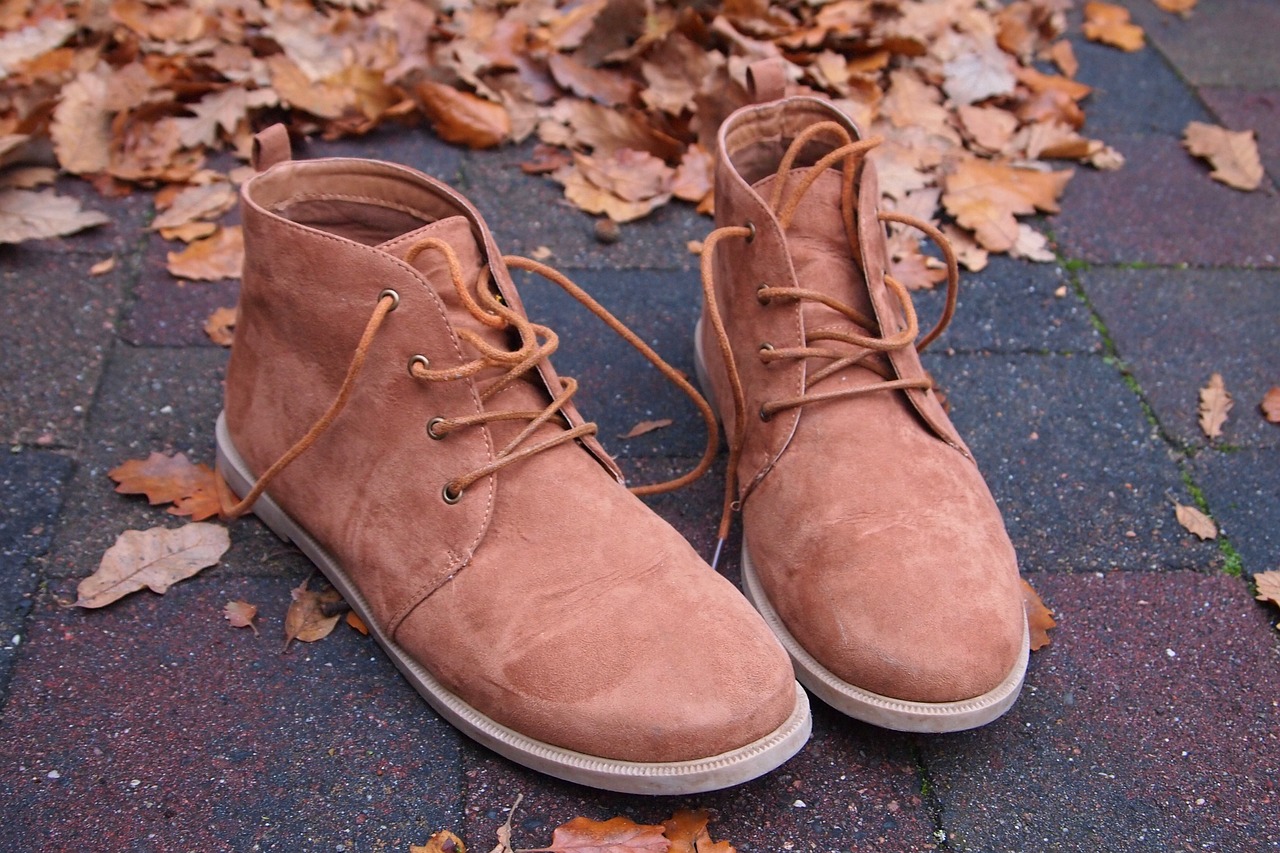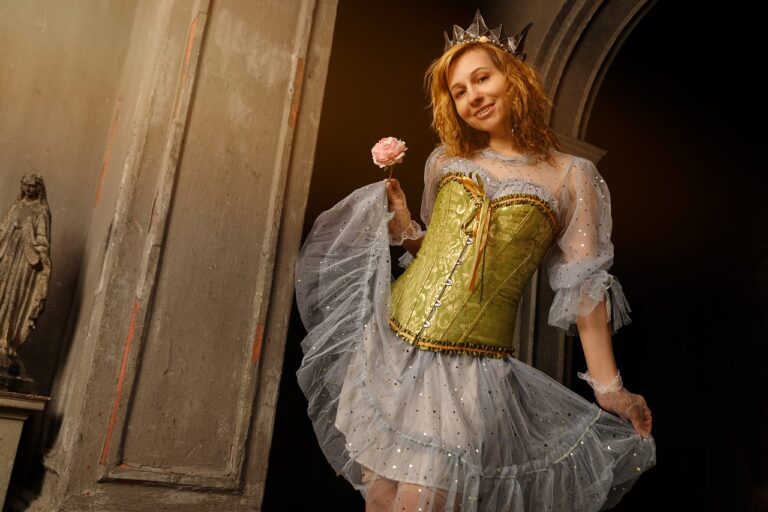The Role of Fashion in Building Confidence and Self-Expression
Fashion plays a vital role in shaping personal identity. The way we choose to dress and accessorize reflects our unique tastes, values, and beliefs. Our clothing choices can convey important messages about who we are and how we want to be perceived by others.
By carefully selecting garments that align with our sense of self, we can boost our self-confidence and feel more comfortable in our own skin. Fashion allows individuals to express their creativity and individuality, making them feel empowered and in control of their image. Our personal style can serve as a form of self-expression, showcasing our personality and making a statement about who we are without saying a word.
The Psychological Connection Between Clothing and Confidence
Clothing has the remarkable ability to influence one’s perception of self-worth and confidence. The way individuals choose to dress can significantly impact how they feel about themselves and how they present themselves to the world. Dressing in a way that aligns with one’s personal style and comfort level can evoke a sense of empowerment and boost self-assurance.
Furthermore, clothing serves as a form of self-expression, allowing individuals to communicate aspects of their personality without uttering a word. The colors, styles, and fit of clothing chosen by an individual can reveal insights into their character, interests, and values. When people feel that their outfit reflects who they are or who they aspire to be, it can lead to a heightened sense of confidence and inner strength.
• Clothing has the remarkable ability to influence one’s perception of self-worth and confidence.
• Dressing in a way that aligns with one’s personal style and comfort level can evoke a sense of empowerment and boost self-assurance.
• Clothing serves as a form of self-expression, allowing individuals to communicate aspects of their personality without uttering a word.
• The colors, styles, and fit of clothing chosen by an individual can reveal insights into their character, interests, and values.
• When people feel that their outfit reflects who they are or who they aspire to be, it can lead to a heightened sense of confidence and inner strength.
How Fashion Choices Reflect Individual Personality
Our clothing choices are more than just fabric draped on our bodies. They serve as a visual representation of our unique personalities. Whether we opt for bold prints and vibrant colors or stick to a more minimalistic approach, each choice reflects a different aspect of who we are. Our fashion preferences allow us to express ourselves without saying a word, portraying our values, interests, and attitudes to the world around us.
Additionally, our wardrobe selections can also reveal how we perceive ourselves and want to be perceived by others. For some, dressing in a sophisticated and polished manner may communicate professionalism and authority, while for others, eccentric and unconventional fashion pieces may signify creativity and a desire to stand out. These intentional choices in clothing not only speak to our personal tastes but also showcase the complexity and depth of our individual personalities.
Can fashion really reflect someone’s individual personality?
Yes, fashion choices can often reflect aspects of an individual’s personality, such as their preferences, values, and interests.
How does personal identity play a role in fashion choices?
Personal identity heavily influences fashion choices, as individuals often use clothing to express who they are and how they want to be perceived by others.
Is there a psychological connection between clothing and confidence?
Yes, studies have shown that the clothing we wear can have a direct impact on our confidence levels, affecting how we feel about ourselves and how we interact with others.
Can fashion choices change over time as someone’s personality evolves?
Absolutely, fashion choices can evolve alongside changes in an individual’s personality, reflecting new interests, beliefs, and values as they develop over time.







